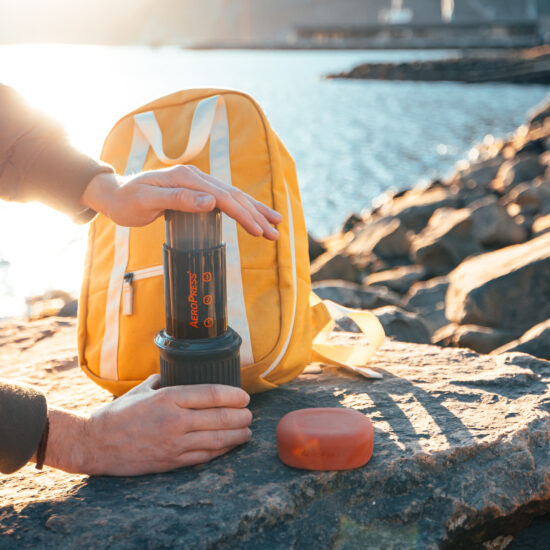Global warming is one of the most pressing issues of our time that’s easy to ignore because it’s not overtly threatening and therefore, easy to justify. As winters become unseasonably warmer, summers become more scorching with less rain, and parts of the world known for their glacial beauty experience unusual weather, to some, it’s more convenient to justify the trend as a one-off. Or, to describe people concerned about global warming as alarmists and tree huggers. The simple fact of the matter is that global warming is real and has the potential to damage our lives more than it already has. Humankind has to take steps to alleviate it because—we created it.
Think about this — according to NASA, since the beginning of human industrialization in the mid-1800s, global temperatures have been rising consistently, the ocean is getting warmer, sea levels are rising, and snow cover and glaciers are decreasing. Does it sound like a sci-fi movie? It’s not one we should want to be part of and we can combat global warming with daily choices we make, such as buying local, especially for food. The meat industry is responsible for up to 15-18% of greenhouse gas emissions and water usage. By no means is it realistic or desirable for all of humanity to become vegan or vegetarians, but we can try to buy meat, vegetables, fruit, and other daily groceries from sources closer to home.
We can also adopt green energy. In fact, it’s becoming easier to do so by the day with Teslas, electric vehicles generally, and solar panels being more widely utilized. In the US, the government is even using tax refunds as incentives for individuals to adopt solar panels, renewable energy equipment overall, and many electric vehicles. Though it’s not cheap to make the initial investment, it saves money down the line and you’re doing something good for the planet, as well. If you’re not able to adopt green energy just yet, you can ride a bike, walk, or take public transport when you can. You’ll get a workout and you’ll also contribute to less road pollution and gas emissions.
In addition, simply buying less new electronics, clothes, and other items can help reduce our individual carbon footprint. After all, carbon emissions are released when raw materials are extracted to create new laptops, mobile phones, and many other items we can’t seem to live without. Repair, recycle, and reuse when you can. You’ll end up saving more money too, most likely. In short, it’s a win-win situation for the individual and the planet, and realistically, that’s how we can solve global warming now and in the future.




